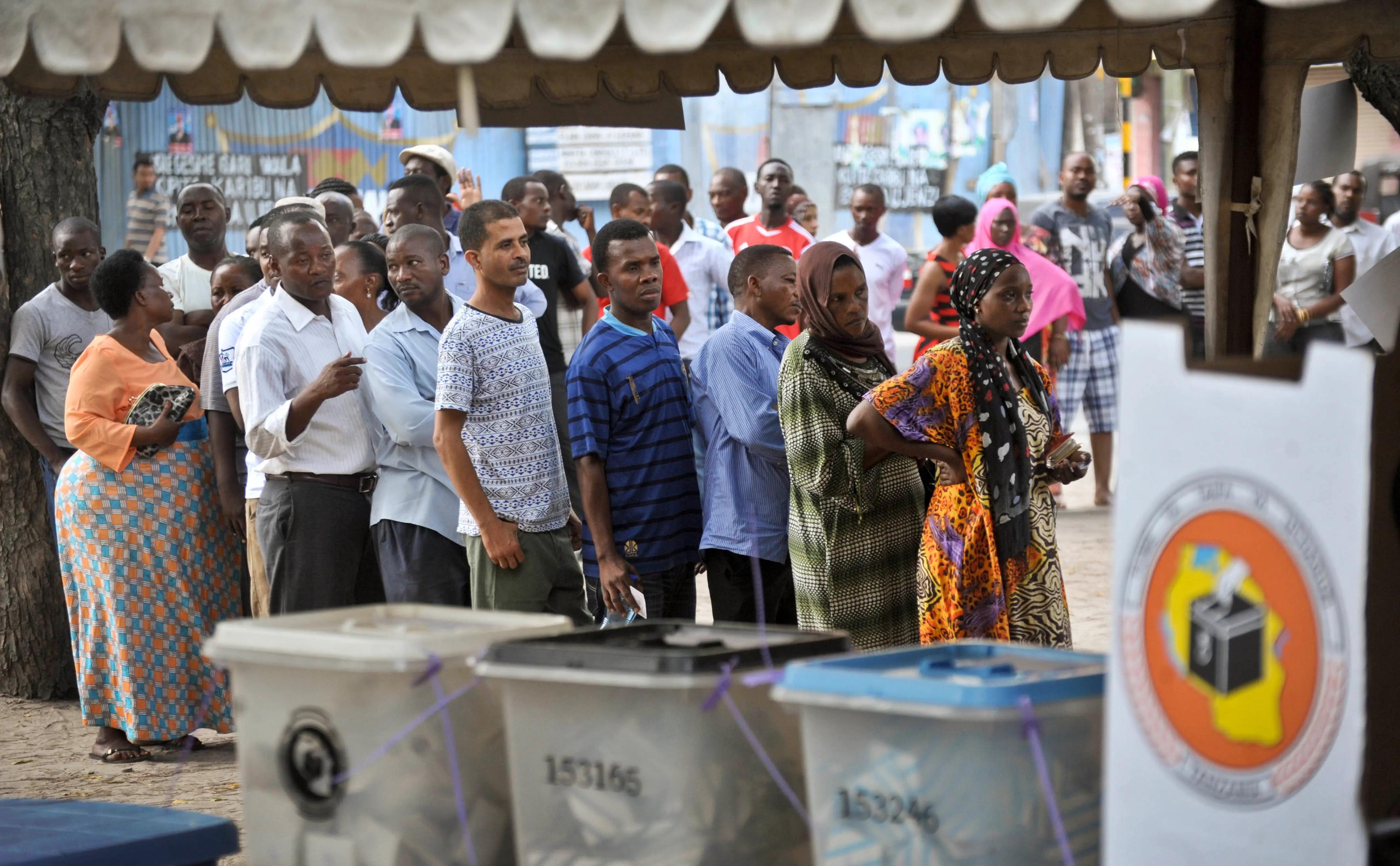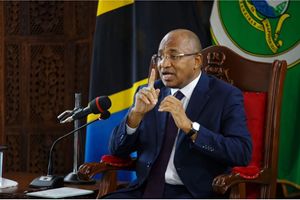Tanzania’s election commission unveils returning officers, but concerns over integrity persist

What you need to know:
- In previous elections, the role of returning officers was largely carried out by district executive directors, a practice that had attracted widespread criticism from opposition parties and civil society groups who argued that it compromised the fairness of electoral processes.
Dar es Salaam. The Independent National Electoral Commission (INEC) has released a list of returning officers and assistant returning officers for all 184 local government authorities, as part of the implementation of the 2024 Presidential, Parliamentary, and Councillor Elections Act.
However, the appointments, mostly drawn from senior public servants, have triggered debate among political stakeholders and analysts who are questioning whether the newly appointed officials can fairly and independently oversee the upcoming elections.
In previous elections, the role of returning officers was largely carried out by district executive directors, a practice that had attracted widespread criticism from opposition parties and civil society groups who argued that it compromised the fairness of electoral processes.
In early February 2024 the parliament made sweeping electoral reforms by passing three bills governing elections and political parties in Tanzania.
They include The National Election Commission Act 2023, Presidential, Parliamentary and Local Government Elections Act, The Political Parties Affairs Laws (Amendment) Bill (Amending the Political Parties Act RE 2019 and the Elections Expenses Act, 2010). Under the law, the Independent National Electoral Commission (INEC) is empowered to appoint a senior public servant as a returning officer responsible for overseeing elections in a constituency or ward.
The same official may be assigned to more than one constituency. Sub-section 2 permits the appointment of assistant returning officers from among public servants, either by name or by virtue of their position within government institutions.
The Act stipulates in sub-section 3 that a senior officer appointed to serve in this role must have no criminal record or disciplinary INEC unveils returning officers, but concerns over integrity persist offence resulting in a prison sentence of more than six months, and must not have held a leadership position in any political party.
Despite these provisions, political observers and democracy advocates have expressed concern that using public servants in this role, regardless of rank, still raises questions about neutrality.
Political analyst and University of Dar es Salaam lecturer, Dr George Kahangwa, said while the removal of council directors from election supervision was a welcome step, the shift to other senior civil servants offers limited change in terms of independence.
“There is still a trust deficit,” said Dr Kahangwa. “The process should have ensured the selection of neutral individuals. Ideally, the commission should have invited applications, conducted public vetting, and selected candidates with no political affiliations.”
He questioned the criteria used to identify the returning officers, warning that many government officers have latent political loyalties that could influence their decisions.
“Without a transparent and inclusive process, how can we be sure these officers will remain impartial?” he asked. “Tanzanians were hoping for a fully independent electoral body—not one still dependent on state employees.”
Echoing similar concerns, political commentator Kiama Mwalimu noted that public confidence in the election process is critical and urged the commission to adopt a more open recruitment system.
“INEC should have advertised the positions, invited applications, and conducted competitive interviews followed by background checks,” said Mr Mwalimu. “This would have helped identify candidates who are not entrenched in the state system.”
He added: “Even if these public servants act in good faith, their government ties will continue to create suspicion and erode trust among political actors and voters.” Veteran politician and former opposition legislator Magdalena Sakaya said the decision to shift responsibility from council directors to other government officers was merely symbolic and does little to address longstanding calls for electoral independence.





